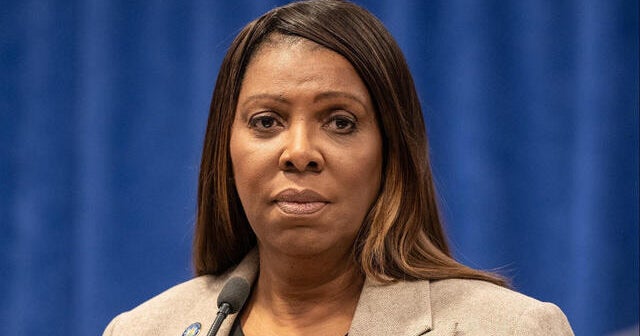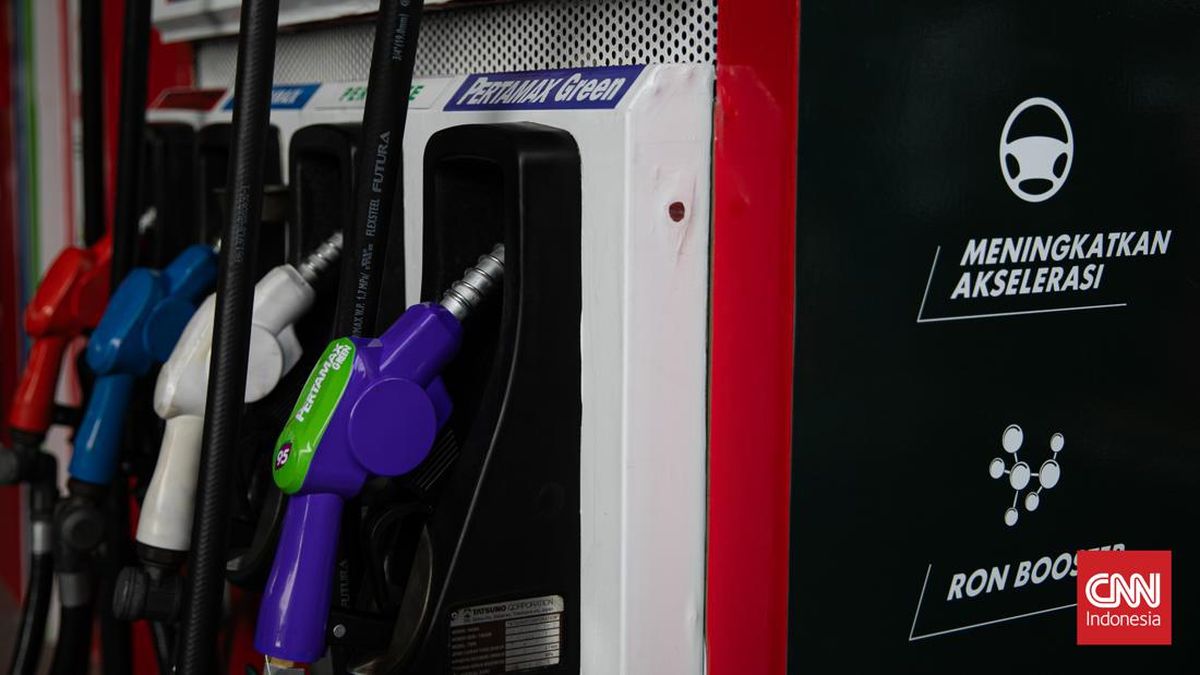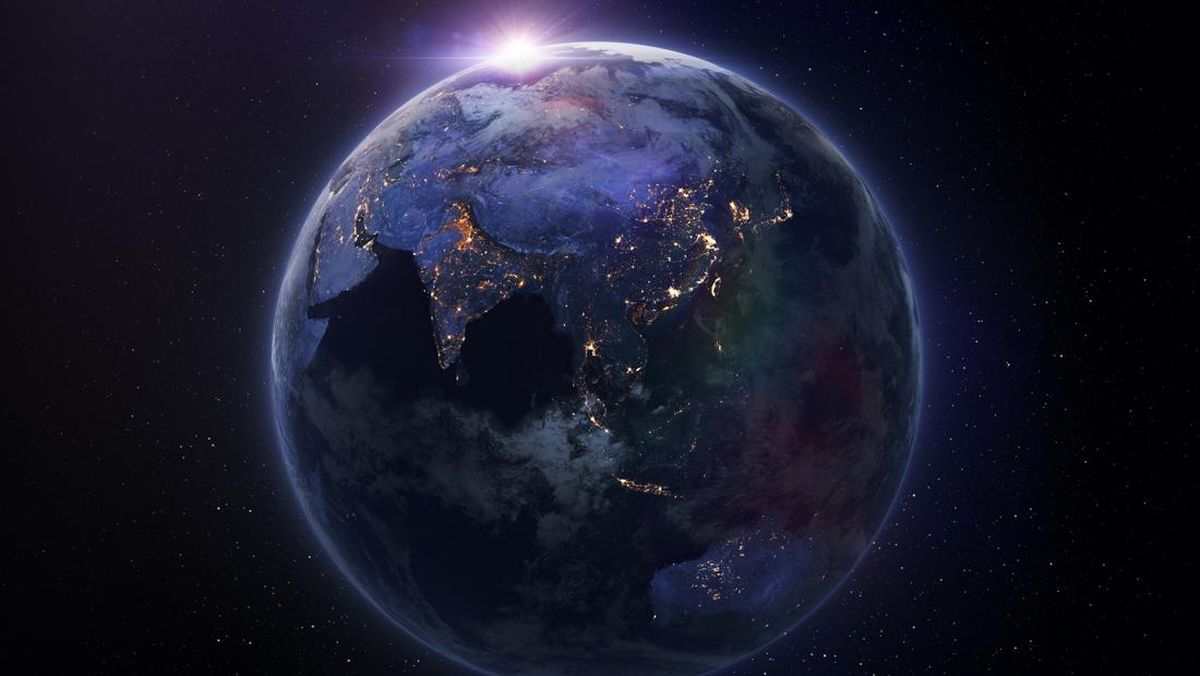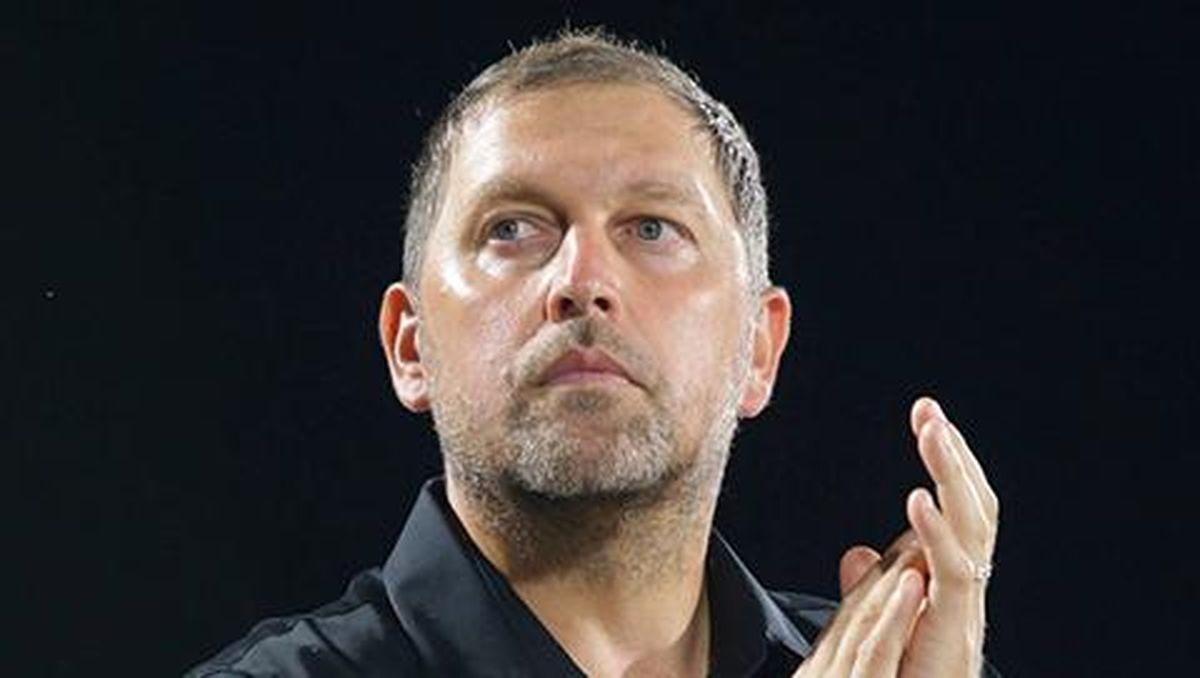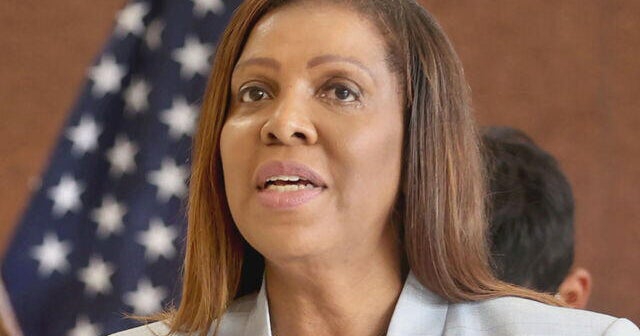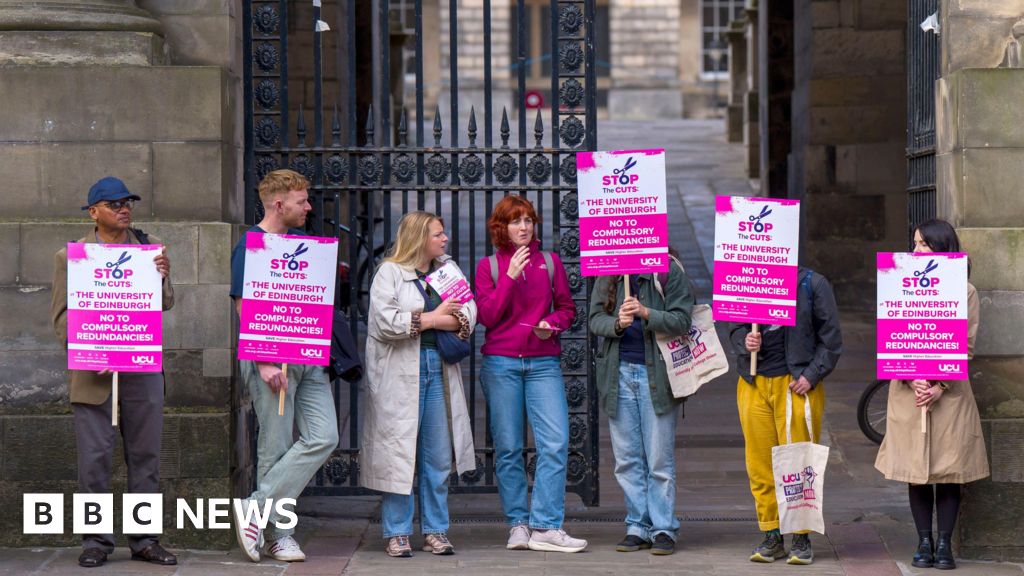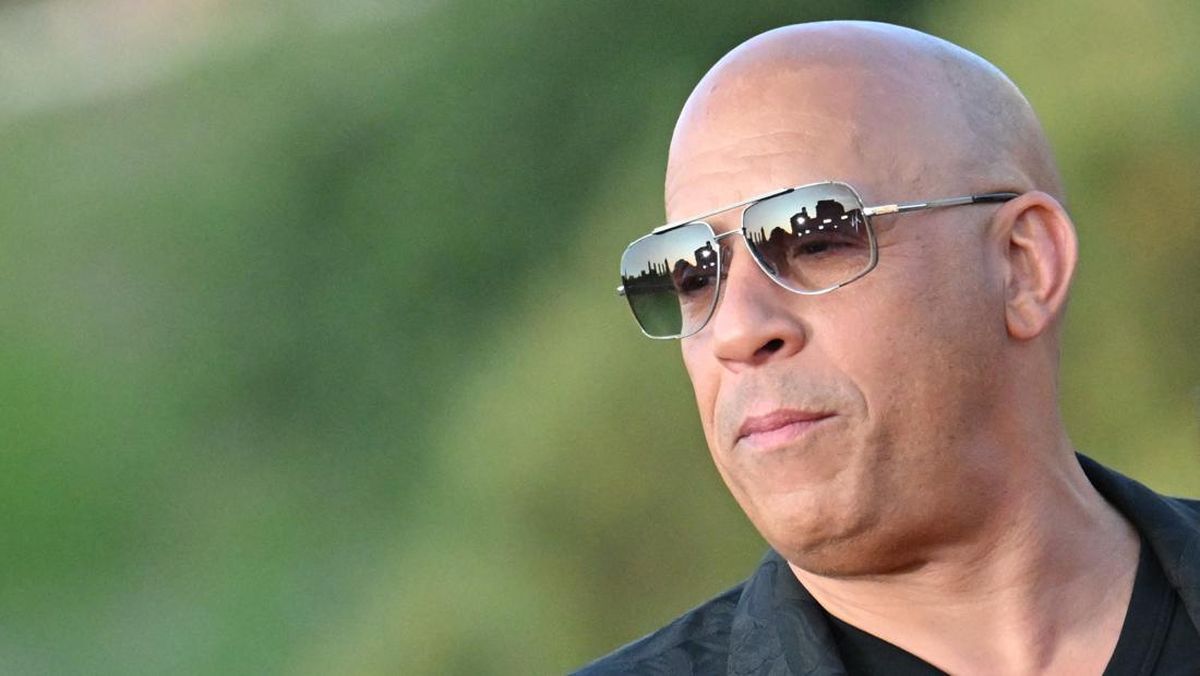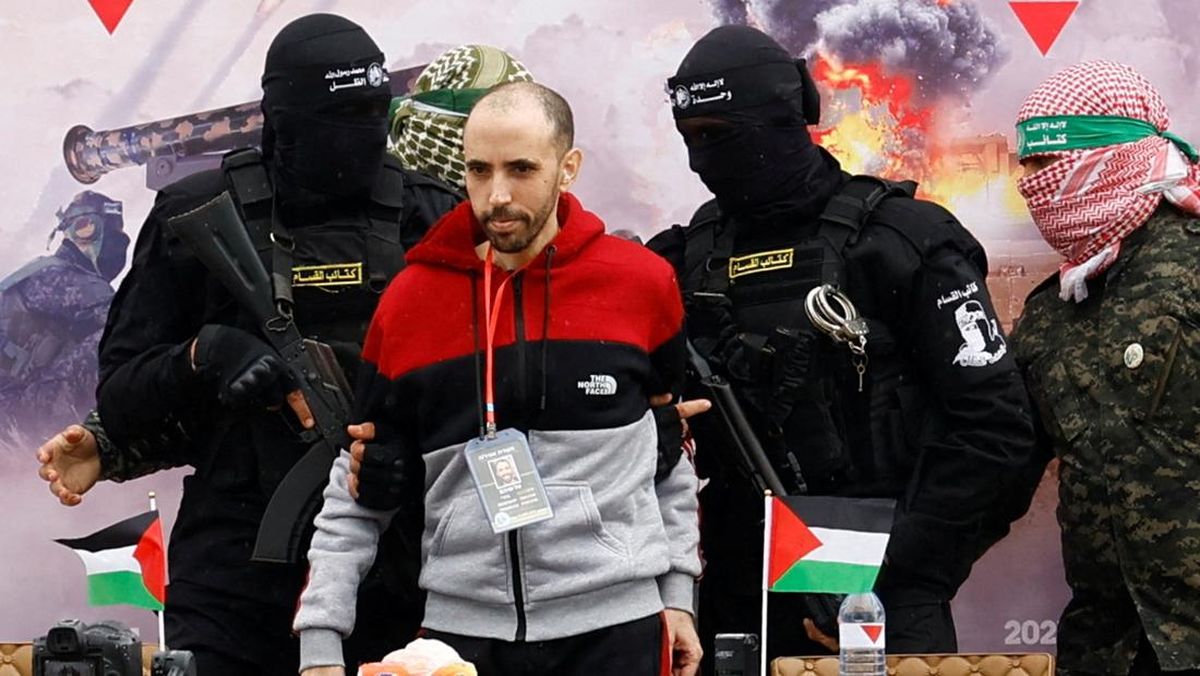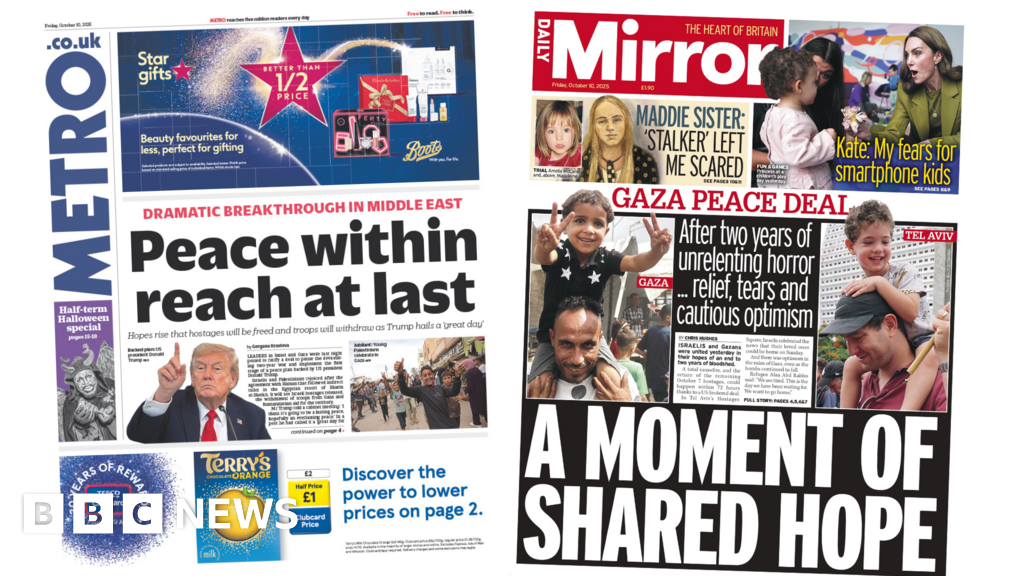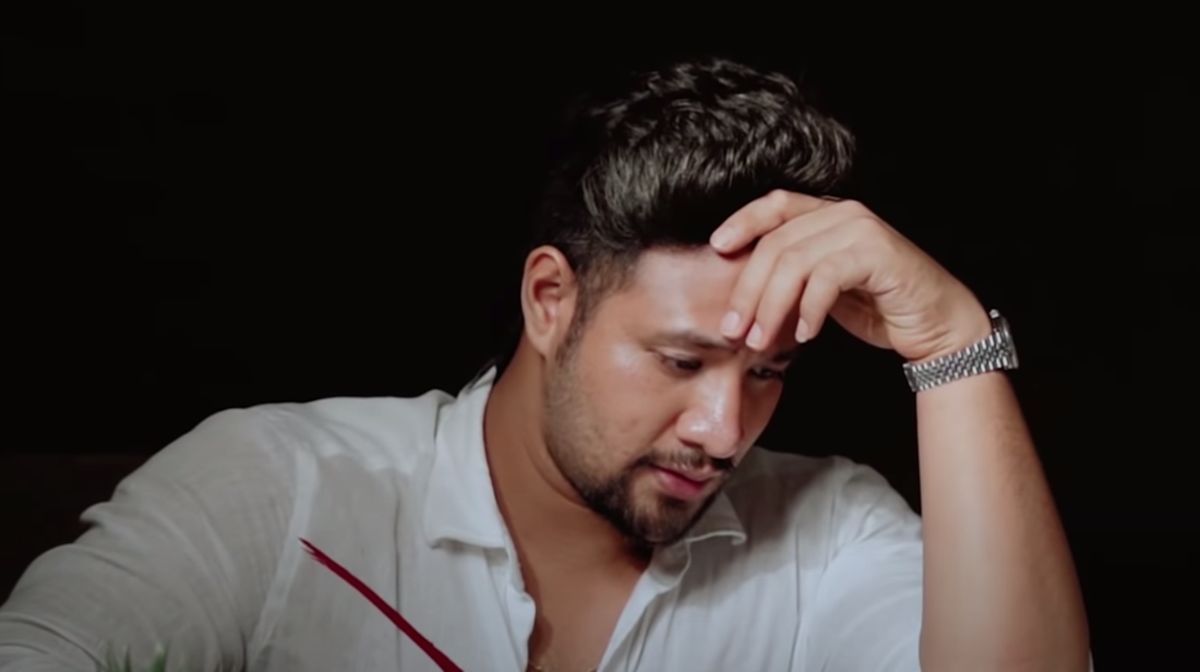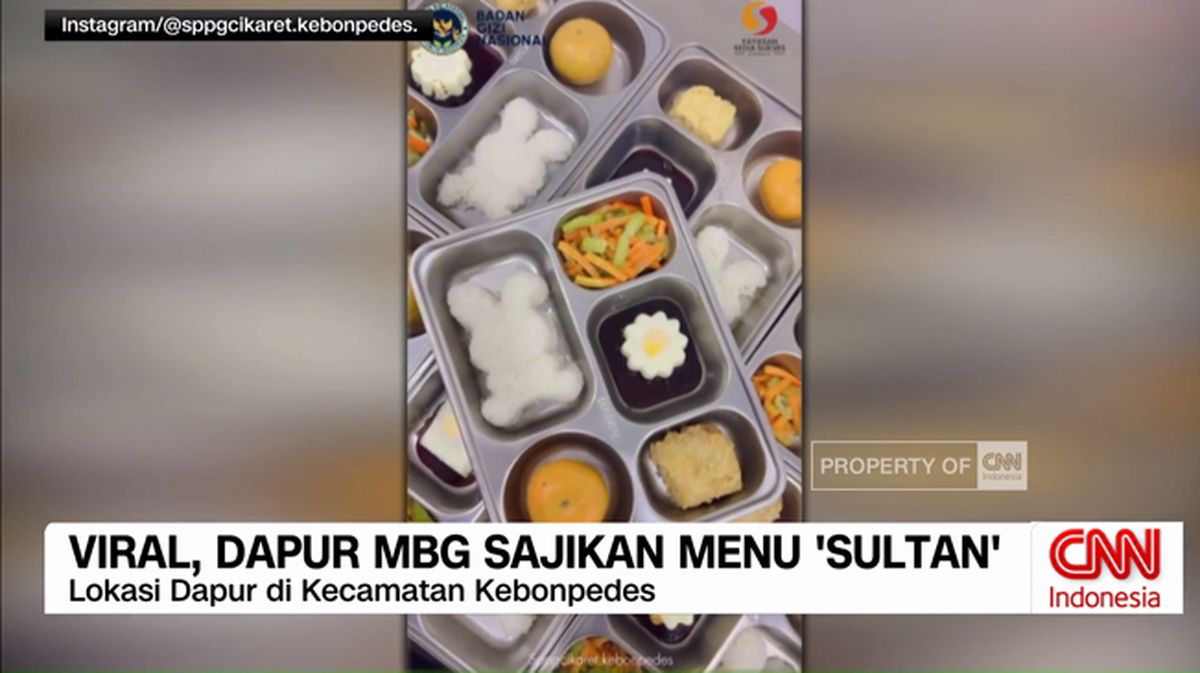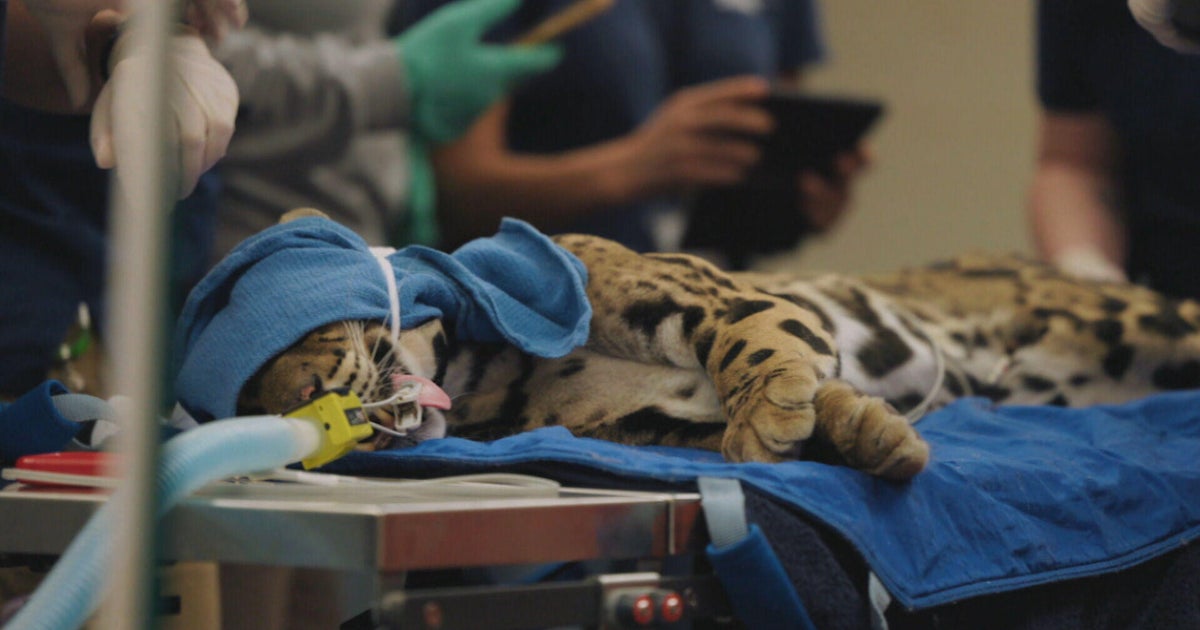“It helped to get me elected,” Trump said, adding that he won younger US voters with his posts on the platform. He said the outcome of the negotiations would be that it would be owned by “all-American” investors, but he did not say whether this would only apply to the US subsidiary.
The remarks came at closing phase of a two-night visit that included a carriage procession, a military parade, a state banquet, a visit to the tomb of Queen Elizabeth II and an overnight stay at Windsor Castle for Trump and his wife, Melania.
The state visit – the first time a US president has been given the honour twice – included investment pledges from US companies worth billions of dollars, with a big focus on building data centres to power artificial intelligence services.
On Ukraine, the two leaders appeared to be aligned after Trump repeated his complaints about European countries buying Russian oil at the same time they asked the US to apply more economic pressure on Russian President Vladimir Putin.
“If the price of oil comes down, Putin’s going to drop out. He’s going to have no choice. He’s going to drop out of that war,” Trump said.
He added that he had been willing to “sanction” India over its purchases of Russian oil, in a reference to his decision to apply a 50 per cent tariff on Indian exports to the US.
Loading
“China is paying a very large tariff right now to the United States, but I’m willing to do other things – but not when the people that I’m fighting for are buying oil from Russia,” he said.
“If the oil price comes down, very simply, Russia will settle, and the oil price is way down.”
Trump singled out Starmer for praise on this point, saying the British leader was also disappointed at the oil purchases, adding that “it wasn’t him” but was the fault of other countries.
The biggest NATO members buying oil from Russia are Turkey, Hungary and Slovakia.
Starmer placed a heavier emphasis on urgent support for Ukraine as well as sanctions against Russia when he spoke to the press conference, which was held at the prime minister’s official residence, Chequers, outside London.

The joint press conference was marked by a cooperative approach from Trump and Starmer, without a clash between the US president and the media.Credit: Getty Images
“We have to put extra pressure on Putin, and it’s only when the president has put pressure on Putin that he’s actually shown any inclination to move,” said Starmer. “So we have to ramp that pressure up.”
The UK leader listed recent Russian moves including the damage and bombing of the British Council office in Kyiv, the European Union embassy in the same city, the attack on a Ukrainian ministerial office and the incursion of Russian drones into Polish territory as examples of Russian tactics that needed to be stopped.
“If you put that together, what you can see is either an emboldenment or at least an increased recklessness on Putin’s part,” he said.
Trump said Ukraine was heading to a “third world war” but did not pose a direct threat to America.
The press conference was marked by a cooperative approach from the two leaders, without a clash between Trump and the media.
Starmer expressed his condemnation of the murder of American conservative Charlie Kirk last week and insisted that the UK would defend free speech, while Trump repeated his opinion that late-night comedian Jimmy Kimmel deserved to be taken off the air.
US television network ABC halted Kimmel’s show this week after he made remarks about the accused murderer and the MAGA movement that supports Trump, a long-time critic of Kimmel and other comedians.
On Palestine, Starmer said he spoke to Trump about the recognition of a Palestinian state during private talks that ran for about one hour in the morning before their press conference.
Loading
The UK leader condemned Hamas as a terrorist group but said that recognising a Palestinian state would help ensure peace – an argument Israeli Prime Minister Benjamin Netanyahu rejects. Trump, who supports Netanyahu on this question, said he and Starmer disagreed.
Trump and Starmer talked up the massive investments in technology after talks with visiting executives such as Microsoft’s Satya Nadella, OpenAI’s Sam Altman, Apple’s Tim Cook and Nvidia’s Jensen Huang.
Starmer’s office badged the results as a “tech prosperity deal” and claimed it would bring investment worth £150 billion ($307 billion) into the UK from US companies and that this will create 7600 jobs.
On those numbers, the investment would equate to almost £20 million for each job, but the UK government did not outline the details of the employment forecasts for each of the deals.
The promises include a £100 billion pledge from Blackstone over the next decade and £3.9 billion from investment firm Prologis into a Cambridge Biomedical Campus and other projects.
Another investment will come from defence company Palantir, which will put £1.5 billion to projects in the UK.
When investment is calculated in both directions, including British pledges for US projects, the UK government estimates the value at £250 billion, about $512 billion.
“It is the biggest investment package of its kind in British history by a country mile,” Starmer said.

